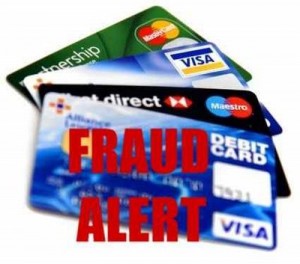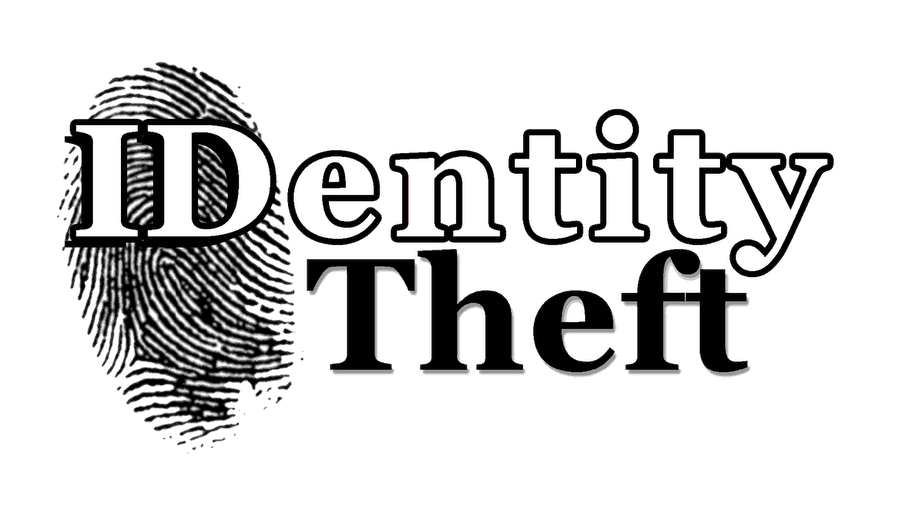 It’s not always easy to spot con artists. They invade your home through the telephone, computer, and mail; advertise in well-known newspapers and magazines; and come through your door. Most people think they’re too smart to fall for a scam, but the opposite is true.
It’s not always easy to spot con artists. They invade your home through the telephone, computer, and mail; advertise in well-known newspapers and magazines; and come through your door. Most people think they’re too smart to fall for a scam, but the opposite is true.
The National Consumer League’s National Fraud Information Center reported that from January to September 2005, online auctions accounted for 42 percent of all complaints received. Far worse, the average loss was an astounding $1,129. The loss to consumers from identity theft was $5 billion in 2004, with an average loss of $400, $1,440 if the crime was committed online.
One particularly insidious type of crime preys on the goodwill of the American public: charity fraud, which increases at times of national tragedies and natural disasters. (According to the Better Business Bureau’s Wise Giving Alliance, Americans gave $200 billion to charity in 2000.) Anyone can fall victim to these crooks: Almost without fail, they’re well-mannered, friendly, and helpful—at least at first.
via Fraud and Identity Theft — National Crime Prevention Council.



